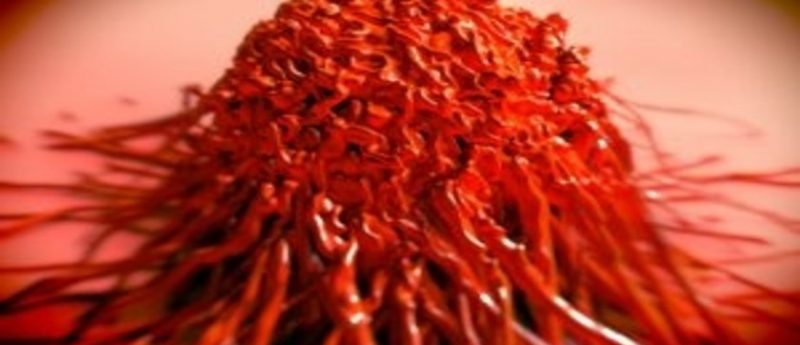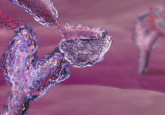Tomato consumption linked to lower prostate cancer risk

Researchers from the Universities of Cambridge, Oxford and Bristol (all UK) have recently reported that men who consume over 10 portions of tomatoes per week have an 18% lower risk of developing prostate cancer. This work appears in the journal Cancer Epidemiology, Biomarkers and Prevention.
Prostate cancer is the second most common cancer in men worldwide, with 35,000 new cases each year and approximately 10,000 deaths in the UK. Some experts believe the higher rates of incidence in developed countries result from a Westernized diet and lifestyle.
As part of the National Institute for Health Research-funded study termed ProtecT, this investigation aimed to assess whether dietary and lifestyle recommendations reduce the risk of men developing prostate cancer.
By comparing the diet and lifestyles of 12,005 cancer-free men aged 50–69 with those of 1806 men with prostate cancer, researchers developed the first ‘dietary index’ for prostate cancer. This index consists of three dietary components that have been linked to prostate cancer: calcium, selenium and lycopene-rich foods.
The findings indicate that men with an optimal intake of these dietary components had a reduced risk of prostate cancer. However, a notable result was that tomatoes and tomato-derived products, including baked beans and tomato juice, were most beneficial in their effects, with an 18% risk reduction in men eating over 10 portions per week.
This outcome is thought to be a consequence of lycopene levels, an antioxidant that combats DNA and cell damage caused by toxins. Nonetheless, more work must be undertaken to validate these findings, as stated by lead researcher Vanessa Er (School of Social and Community Medicine at the University of Bristol and Bristol Nutrition BRU, Bristol, UK): “Our findings suggest that tomatoes may be important in prostate cancer prevention. However, further studies need to be conducted to confirm our findings, especially through human trials. Men should still eat a wide variety of fruits and vegetables, maintain a healthy weight and stay active.”
Additionally, the scientists examined the effects of recommendations for physical activity, body weight and diet published by two cancer research charities: the American Institute for Cancer Research and the World Cancer Research Fund.
Analysis revealed that only the recommendation on high plant food intake (fruits, vegetables and dietary fiber) correlated with a reduction in risk of prostate cancer. Researchers asserted that because this guidance is not specific to prostate cancer prevention, further dietary recommendations need to be established.



